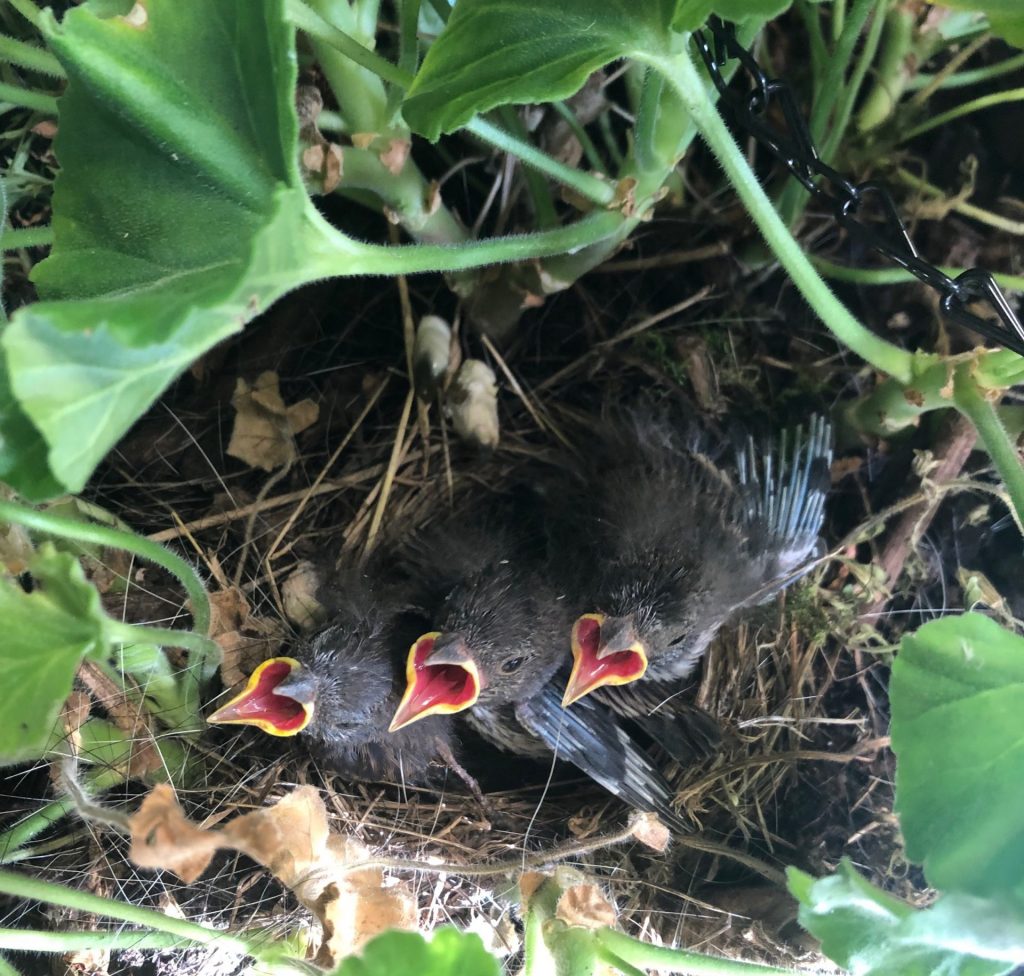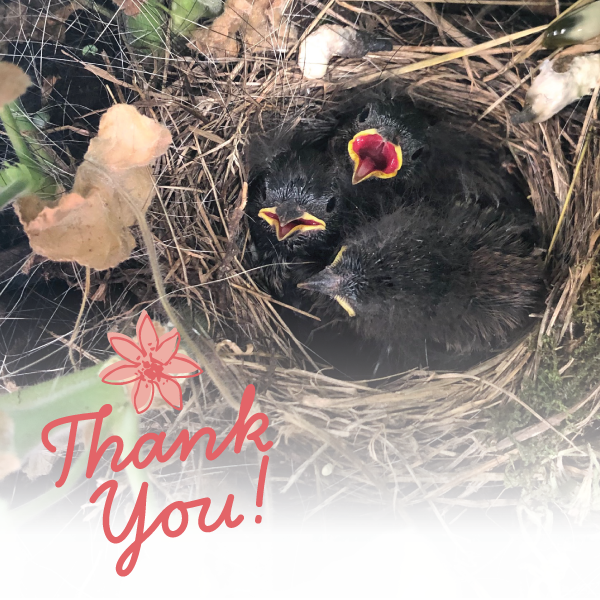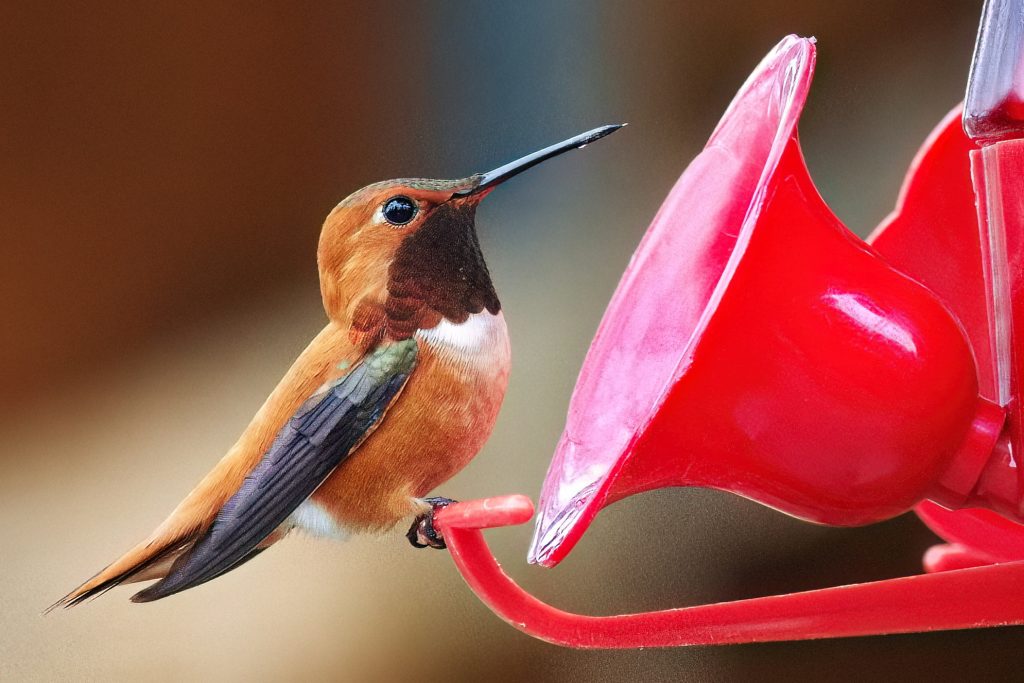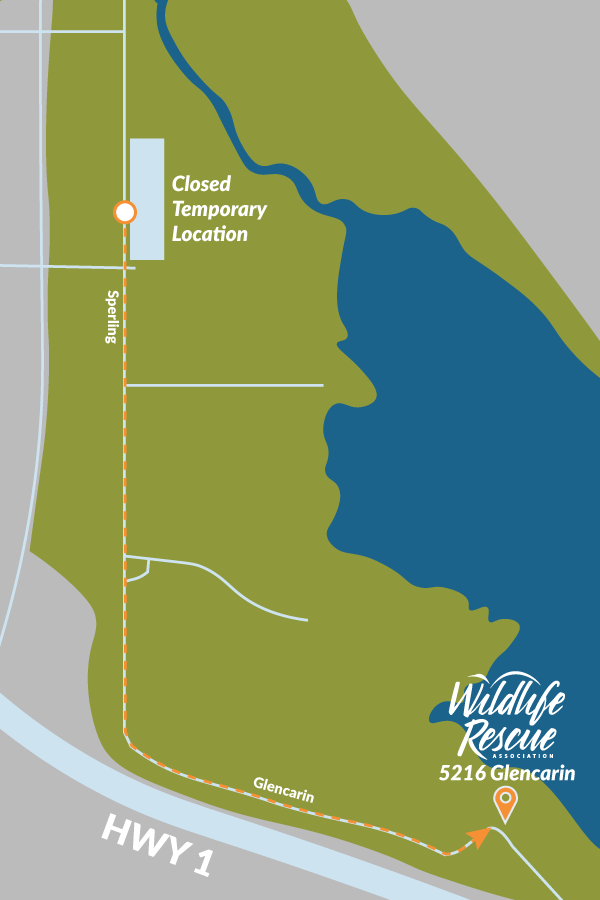Support Us
Since 1979 more than 140,000 animals have been treated by Wildlife Rescue.
Thanks to the support of individuals like you, Wildlife Rescue can provide a lifeline for animals in distress.
Do you know you can set aside money for charity as part of your Will? You may have heard this called planned or legacy giving. And you’ll probably hear a lot more about it in the coming years: a Will Power study found a significant increase (5% to 8%) in Canadians donating to charity in their Wills.

That’s 1.2 million more Canadians giving in their Wills, creating roughly $37 billion in future charitable donations!
Think about how much good $37 billion could do – acres of forest saved, diseases eradicated, many people lifted out of poverty…
And countless wild animal lives saved and returned to their natural habitat.
One apparent reason is the economy forcing us all to hold our wallets a little (or a lot) tighter. Donating in your Will lets you make a significant difference without using the money you need now. Even leaving 1% of your estate to charity in your Will could make a substantial impact.

Coupled with an urgency to do something in the face of growing global need, gifts in Wills have become a popular solution. Inflation and cost of living may have put pressure on Canadian incomes, but the desire to help has never been stronger. This is a way for people to drive the kind of change they want, and it’s well within their reach.
Another reason is demographics. Canadians will pass down roughly a trillion dollars over the next 10 years, the biggest wealth transfer in history. It’s given many of us pause, realizing we probably will have enough to support family and a charity in our Wills.
Lastly, Canadians are just getting more creative with their giving by harnessing the power of Wills, RRSPs and other assets to give more strategically.
It might sound funny to think of your Will as a powerful tool for change in this world, but when it comes down to it, there are many benefits to donating this way:
Contribute more than you could otherwise.
Our donors are always amazed when we tell them how far their donations stretch and how much more we can do for BC’s wildlife with every extra dollar.
When we show them what a small percentage in their Will to Wildlife Rescue could look like, they do the math, and their eyes light up.
Remember that the value of your “estate” is the sum of any property and/or business you own, your pension and/or registered funds, securities like stocks or mutual funds, cash savings, and life insurance. It adds up, even if you subtract debt.
The average Canadian family in 2023 had a net worth of $981,816. If you put just 1% of that aside for charity, you could donate about $10,000 to your favourite cause! When else could the average Canadian make such an extraordinary impact?
Keep your memory alive in a unique way.
Talk about motivation – imagine the pride your children or grandchildren will feel knowing that you’ve contributed to providing the highest standard of care for sick or injured wildlife for generations to come. Or the honour it would be for them to be involved in giving orphaned or pollution-damaged wildlife a second chance to live a natural life.
When your loved ones have something positive and meaningful to associate with your memory, you will have created a legacy that future generations can rally around.
Tax breaks. Big ones.
Canada has some of the most generous charitable tax incentives in the world! In Canada, when you donate, you get a charitable tax credit, which can go a long way toward helping you pay down what you owe.
Your loved ones might need that charitable tax credit upon your passing because your estate will likely be taxed, and they will have to pay the bill. You can even structure your donation differently to get the biggest tax break possible.

A popular approach is to name a charity as a beneficiary of your RRSP (Quebec residents must name beneficiaries of their RRSP in their Will). The credit received will close to cancel out the taxes owed on this asset.
If you’re interested in learning more, you can always book a consultation with a financial advisor specializing in charitable giving.
It’s easier than you think!

Most donors have follow-up questions when they learn about the option to leave a portion of their Will to charity.
What about my family? I want to leave everything to them.
It’s possible to support both family and charity in your Will. Think about your Will in terms of percentages. If you set aside even 1% in your Will for charity, you can make a lasting difference (and lower taxes owed). And you’re still leaving 99% to support loved ones. It’s a win-win.
I don’t have much to give.
You might have more than you think. For example, donors are often surprised to hear that the RRSP or life insurance policy they have through work can be a smart way to give.
It’s worth taking stock of your assets. Even a modest amount can make a sizeable impact.
Do I have to be wealthy to leave a gift in my Will?
Not at all! Middle-income Canadians typically give this way. Do you know that the average donation made in a Will from the average Canadian is around $35,000? That’s the power of gifts in Wills!
How will I know what my gift accomplishes?
You won’t be able to see your gift in action, but when you leave a donation to Wildlife Rescue in your Will, you and your family become part of our Wildlife Community. We would love to hear how your vision matches our mission to save BC’s wildlife.
What if I change my mind?
Remember, you can always make changes to your Will. People generally update their Will at least a couple of times in their life.
You might also consider tools outside your Will to make a legacy gift. For instance, you can name a charity as a beneficiary of your RRSP or life insurance policy and make changes at any time. No hassle, no fuss.
Am I too young to be thinking about this?
If you have any assets, you’re not too young to be thinking about what happens to them. Without a Will, an executor or administrator will settle your estate according to provincial or territorial laws, which might not coincide with your values and wishes.
Everyone can leave a charitable gift from their estate, regardless of size. Your legacy reflects your life. It’s about the person you are, the values you demonstrate, and the example you want to set for others.

If you have any questions, Sheila, WRA’s Gift Planning Specialist, is happy to discuss more details with you. You can reach her at s.dickinson@wildliferescue.ca or 604-545-1421.
*Consult your financial advisor to ensure the gift aligns with your personal estate plan.
The Will Power campaign
Wildlife Rescue is a partner in Will Power, a national awareness campaign that encourages Canadians to use their Wills as a force for good. Together with Will Power, we want to connect people like you with resources to make the best decisions for their families, their future finances, and the causes that matter to them.
As the crisp air of fall sets in, many of us enjoy the vibrant colors and the cooler temperatures. However, for our feathered friends embarking on their journey south, this season poses significant risks.
Fall migration has started and the Wildlife Hospital has already seen a steep increase in birds admitted for window strike treatment in August and September. This uptick highlights the dangers migrating birds face as they navigate urban landscapes.
During migration, birds often travel at night and may be disoriented by city lights and reflective surfaces. Glass windows and railings, which can appear invisible to birds, present a deadly hazard. With their large windows and glass balcony railings, high-rise buildings are especially dangerous for migrating birds.

Window collisions are a leading cause of death for migratory and resident birds across the world. The stark reality is that these bird-glass collisions result in the death of approximately 25 million birds annually in Canada, a statistic reported by Global Bird Rescue.
Birds that have impacted a window often suffer from concussions, internal injuries, eye injuries, and fractured bones. Even if a bird seems to recover from an initial window strike, injuries can develop or worsen up to 48 hours later. This delayed effect makes immediate care from a trained wildlife rehabilitator critical for the survival of these birds.
There are several proactive measures you can take to help reduce window strikes and safeguard migrating birds:

If you encounter a bird that has collided with a window, it is important to seek help from a trained wildlife rehabilitator immediately. Contact the Wildlife Rescue Support Centre for assistance at wildliferescue.ca/report-an-emergency.
This year, Wildlife Rescue celebrates its 45th anniversary, marking decades of dedicated care thanks to the support of our incredible Wildlife Community. Your generosity today will support our vital work and help window strike victims recover. You can donate here.
By taking these steps, we can all contribute to creating a safer environment for our migrating avian neighbours. Let’s work together to ensure that every bird has a safe journey this fall!

In honour of back-to-school season Wildlife Rescue is launching a colouring campaign!
Below you will find three different bird colouring pages. Get the wildlife lovers in your life to colour their favourite bird and post a photo of the creation on social media. Be sure to tag Wildlife Rescue for the chance to be featured online!
Download the templates here.
You can find all of our social media channels here:
This initiative isn’t just for kids, feel free to share these templates with any colouring enthusiasts you know! If you don’t have social media, you can submit your work to giving@wildliferescue.ca
Wildlife Rescue is featured in the BBC Discover Wildlife Spring 2024 issue. The article gave an inside look into the Wildlife Hospital. Subscribe to the magazine here.
Spring is here—temperatures rise, the sun shines longer, and nature bustles with excitement after a long winter slumber. But, for wildlife in search of food, mates, and places to raise their young, this beautiful season is also full of peril.
For babies like the trio of Dark-eyed Juncos featured in this story, competing human activity can make urban areas an especially challenging place to grow up.
Thankfully, a generous group of donors has an incredible opportunity for you to make your gift go even further. From now until May 31st, every dollar up to $30,000 will be MATCHED, which means you can double your impact for wildlife in need this spring!
Friend, your generosity changes everything for sick, orphaned, and injured wildlife. Thank you for giving them the specialized care they need to live full lives in the wild. As animal activity ramps up this spring, Wildlife Rescue needs to be prepared for anything—and your help is essential to respond to the growing number of emergencies.
Will you give a special gift that gets matched today?
Early one spring morning, a local woman heard twittering calls outside her home. Curious, she opened her door to find three little birds nestled sweetly in a hanging flower pot on her doorstep. They were baby Dark-eyed Juncos! For days, the finder watched in awe as the parents swooped in and out of the nest, stopping briefly to feed them meals.

Activity at the nest was non-stop, until one morning they seemed to miss their breakfast feedings. Then lunch came and went. When she checked on the babies, their tiny beaks opened and closed as they waited for their parents to return with food. As the day wore on, their chirps grew louder and more desperate.
By dinner time, the woman was starting to worry. “The parents have been gone too long…Something terrible must’ve happened,” she thought. Wild parents never abandon their nests without a serious cause: sometimes they’ve been hit by a car, caught by a cat or had a fatal collision with a window. Whatever the reason, when babies appear to be left alone it’s important to confirm with an expert before intervening.
The following day, the young birds were noticeably quiet. They no longer had the energy to call for food. The woman knew they must be starving. After a quick call to our Helpline, it was decided that the whole basket should be brought to our hospital to ensure the nest was not disrupted. These babies simply wouldn’t survive without immediate care.
When they arrived, the nestlings were handed to our expert wildlife team, who confirmed the babies were dehydrated and starving. This team was ready to provide urgent medical intervention and the round-the-clock care they needed to survive!
Gifts like yours meant everything to these vulnerable Dark-eyed Juncos. Time was of the essence for their first week in care. Initially, they had to be fed an expensive insect-based diet every 15 minutes over the course of a 14-hour period. That’s about 500 mealworms a day!
Thanks to people like you, all three babies received the care and attention they needed. And after 24 days, the little trio was deemed healthy enough to be released back into the wild! Many more baby wildlife will need help over the coming months, which means your support today is urgent.
By donating today, you can double your gift and help ensure that every baby animal has the opportunity to thrive. Please give generously!


Hundreds of injured and orphaned wildlife patients arrive at Wildlife Rescue due to window and car strikes, nest disturbances, and natural and human disturbances.
Below is your step-by-step guide that takes you through the process of dropping off rescued animals.
Our 2023 Calendar is full of inspiring photos of species of concern in Wildlife Rescue’s care. Each month gives you a small glimpse of the day-to-day care Wildlife Rescue provides for animals in need. Not only that, you’ll also get informative facts and conservation status information.
With 13-months of beautiful wildlife photography, this calendar will look great on your wall, and makes an excellent gift for friends and family alike this holiday season. Best of all, each calendar sold will support the rescue and rehabilitation of thousands of wild animals in the coming year!
Act now, because we sell out of calendars every year! Don’t miss out on this limited edition piece of Wildlife Rescue Association history.
After a successful summer, we are happy to announce that Wildlife Rescue’s Summer Admissions Centre has now closed. Admissions has returned to our Main Site at 5216 Glencarin Drive.
We would like to thank our community members for their unwavering support during this disruption to our regular service. We were pleased to connect with more people than ever at our temporary location, with nearly 1,000 patients admitted through the centre during operations.
We would like to thank FortisBC and Kiewit Corporation for their partnership during the Patullo Gas Line replacement project. Thanks to their help, our Temporary Admissions Centre was made possible.
If you have found an animal in distress, we are happy to assist you at our Main Site at 5216 Glencarin Drive. Please contact our Support Centre for assistance before traveling with the animal.

After a successful summer, we are happy to announce that on October 19th Wildlife Rescue’s Admissions Centre will be returning to our regular location at 5216 Glencarin Drive. The Summer Admissions Centre will be permanently closed as of this date.
Since opening the Summer Admissions Centre, Wildlife Rescue has admitted over 1,000 patients! We are pleased to welcome you back to our permanent address after almost half a year of construction on Glencarin Drive. Our work is only made possible with your support, and we were happy to connect with so many people over the summer at this temporary location.
We would like to thank FortisBC and Kiewit Corporation for their partnership during the Patullo Gas Line replacement project. Thanks to their help, our temporary Admissions Centre was made possible.
If you have found an animal in distress, please contact our Support Centre for assistance before travelling with the animal.
Thanks to the support of our incredible community, and the integral partnership of FortisBC and Kiewit Corporation, Wildlife Rescue’s Admissions Centre is officially OPEN.
We look forward to welcoming you to our new location, whether you have found an injured or orphaned animal in need of care, or you are visiting to provide essential support through donations or in-kind gifts. Our work is only made possible with your support and we know this new location will give us the opportunity to connect with you better than ever!
With our animal intakes increasing every day, your continued support is needed now more than ever. Thank you for all you do!
Wildlife Rescue’s Admissions Centre is located in front of the Burnaby Lake Rugby Club at 3760 Sperling Ave, Burnaby, BC V5B 4X5. Follow the Wildlife Rescue signs!

If you have found an animal in distress, please contact our Support Centre for assistance.
Wildlife Rescue’s new Admissions Centre will be operating from this location through the rest of the summer and joining the Wildlife Rescue Hospital at 5216 Glencarin Drive this fall.